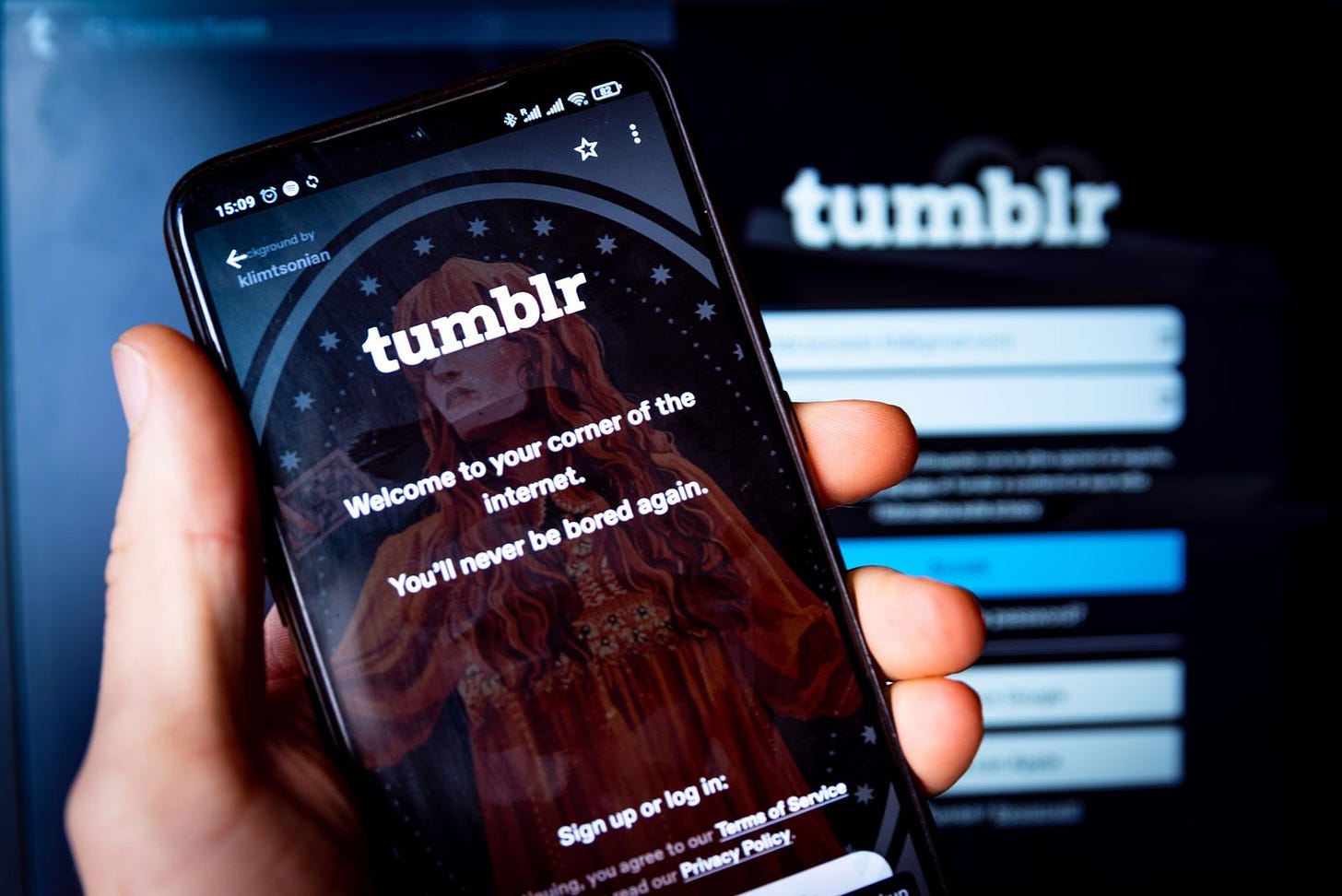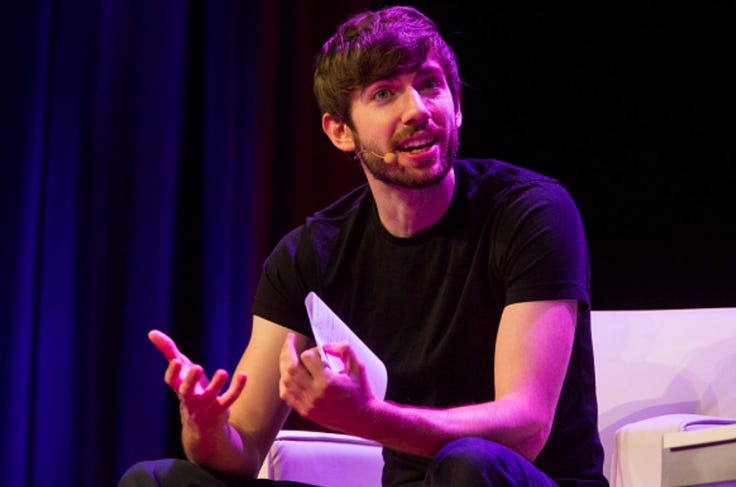How a 21-Year-Old Built Tumblr and Sold It for Over $1 Billion—Only to See It Sold for Pennies Later
The Rise, Fall, and Legacy of the Internet’s Most Creative Blogging Platform
A Young Visionary’s Bold Idea
In 2007, a 21-year-old programmer named David Karp launched Tumblr, a microblogging platform that would soon revolutionize the internet. Karp, a self-taught coder who had dropped out of high school at 15, was working as a software consultant from his mother’s apartment in New York City.
Frustrated with existing blogging platforms like WordPress and Blogger, Karp envisioned something different—a space for short, expressive content that blended blogging with social networking. Tumblr allowed users to effortlessly share text, photos, GIFs, music, and videos in a seamless, customizable format.
The idea was simple but powerful: blogging shouldn’t be complicated. Unlike traditional blogging platforms that focused on long-form writing, Tumblr’s short-form, multimedia approach made it easy for users to share creative content quickly.
By 2010, Tumblr had over 1 million blogs. By 2013, that number had skyrocketed to over 100 million blogs and billions of posts, making it one of the fastest-growing social media platforms in the world.
The $1.1 Billion Sale to Yahoo
Tumblr’s viral growth caught the attention of tech giants, and in May 2013, Yahoo acquired Tumblr for $1.1 billion in an attempt to modernize its aging platform and attract younger users.
At first, Yahoo promised "not to screw it up." David Karp remained CEO, and Tumblr continued to operate independently. However, things quickly began to change:
Monetization Struggles – Tumblr’s core user base was fiercely against traditional advertising. Yahoo struggled to integrate ads without alienating its audience.
Declining Traffic – As platforms like Instagram, Twitter, and Snapchat grew, Tumblr started losing relevance.
Corporate Mismanagement – Yahoo, which was already facing internal challenges, failed to support Tumblr’s growth effectively.
By 2016, Tumblr was losing users and struggling to generate revenue, leading to a major decline in its value. When Verizon acquired Yahoo in 2017, Tumblr became part of Verizon’s media division, but by then, it was no longer the internet powerhouse it once was.
The Downfall and Resale for Just $3 Million
In 2018, Tumblr faced its biggest controversy yet. To comply with Apple’s App Store policies, Tumblr banned adult content, which had been a significant part of its community. The move caused a mass exodus of users, and Tumblr’s traffic dropped by nearly 30% overnight.
With declining engagement and no clear path to profitability, Verizon decided to sell Tumblr in 2019—for just $3 million. That’s 0.3% of its original purchase price.
The buyer? Automattic, the parent company of WordPress. While the sale price was a fraction of what Yahoo had paid, Automattic saw Tumblr’s potential and aimed to revitalize it.
Tumblr’s Lasting Impact
Despite its struggles, Tumblr shaped internet culture in ways few platforms have:
It made GIFs and memes mainstream. Tumblr was home to some of the internet’s most iconic viral trends.
It created a unique creative community. Writers, artists, and niche fan groups thrived on Tumblr in ways that weren’t possible on other platforms.
It paved the way for modern social media. Tumblr’s concept of short, visual storytelling influenced the rise of platforms like Instagram and TikTok.
While it never regained its former glory, Tumblr remains a beloved space for internet nostalgia and creativity.
As for David Karp, he stepped down as Tumblr’s CEO in 2017, walking away from the company he built. He may not have predicted the twists and turns Tumblr would take, but his vision changed digital storytelling forever.
Would Tumblr have survived if Yahoo had handled it differently? Maybe. But its rise and fall remains one of the most fascinating stories in tech history.
Darsh Just Launched their Food Delivery service, starting with Campus students at the University of Lagos & Yaba College of Technology. Patronize them if you are a student on Campus.
Before you go please check our WhatsApp channel and subscribe here
PayDues is revolutionizing how Educational Institutions in Nigeria accept payment and how students pay their fees.






